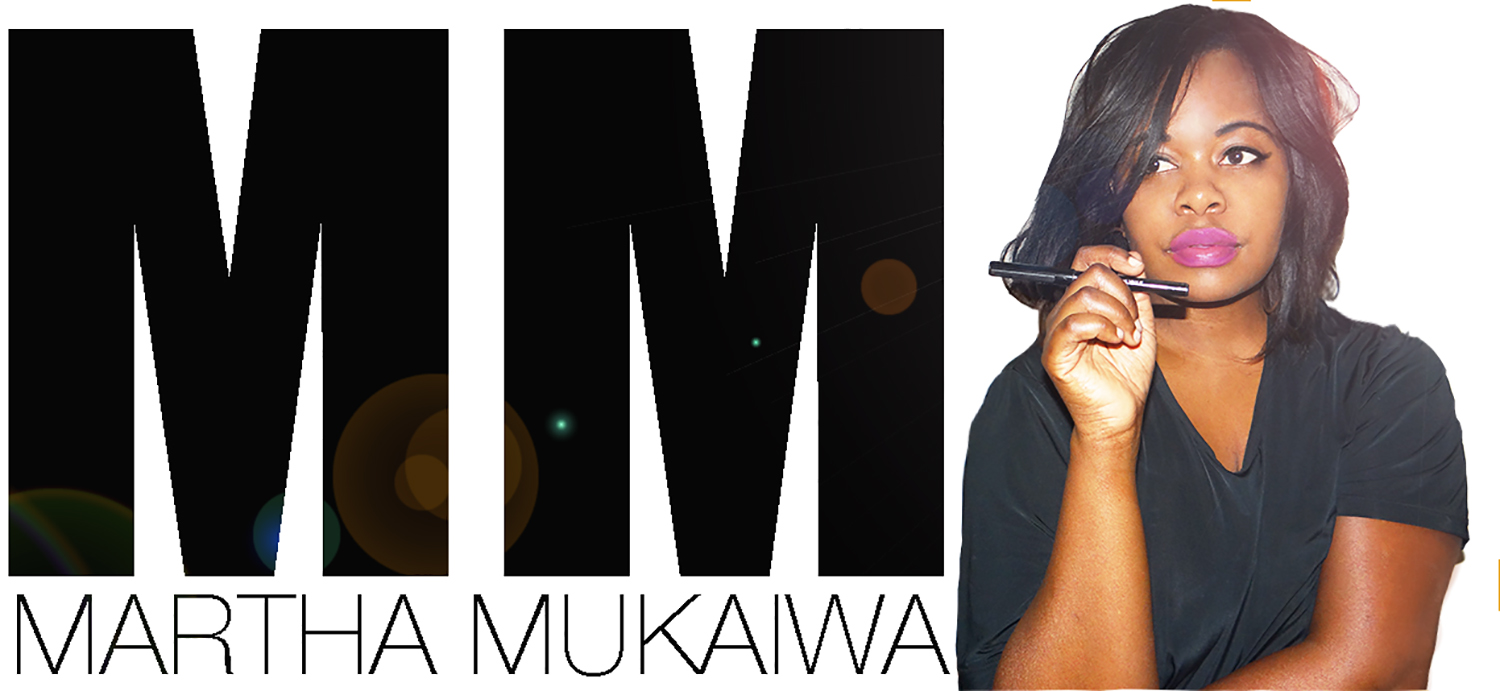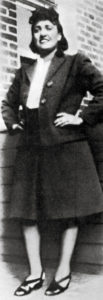Henrietta Lacks lived and died without ever knowing she had the ability to save countless lives.
Looking back, perhaps she would have recalled that she was born in Roanoke, Virginia, that she was the daughter of freed slaves, she had five children, one husband and that just as life was in full swing it crashed abruptly to the ground in her grim
diagnosis of cervical cancer. A fate that would doom Henrietta and give hope to everyone who came after her.
This and much more is the premise of ‘The Immortal Life of Henrietta Lack
s’ (2017). A television drama produced by HBO starring Oprah Winfrey, Rose Byrne and Renée Elise Goldsberry based on the Rebecca Skloot book of the same name.
The latest film to unveil America’s hidden figures – black, female and vital as they emerge to be – the movie tells the remarkable story of a woman beloved by her family and immediate society who lived well, died early and whose cells, harvested from her cervix just months before her death, became the world’s first immortal cell line.
Before Henrietta, cells cultured from other humans would only survive a few days but cells from her tumour were different.
They did not die after a certain number of cell divisions which allowed scientists to keep dividing them and making use of her cells for myriad experiments and have proved invaluable to medical and biological research.
Though Henrietta was unaware of the sample being taken, as was customary, the lab assistant who took the sample called it HeLa. The first two letters of the patient’s first and last name. This became the name of the cell line.
A line Henrietta’s family would only hear about 25 years after her death when doctors from John Hopkins Hospital, the hospital where she sought treatment and died, approached her family in a bid to learn more about her genetics.
“There isn’t a person alive who hasn’t benefited from your mother’s cells,” says Skloot speaking to Henrietta’s daughter Deborah played by Winfrey in the film.
Picking up many years after Henrietta’s death after Skloot, a freelance science
writer, is inspired to write a book about a woman whose existence was but a footnote at the end of a science lesson when she was 16, the film flashes back and forth between 1950 and the 2000s where Henrietta’s family continues to grapple with her legacy.
As Deborah attempts to come to terms with her mother’s early death, the dismissive and condescending nature of John Hopkins Hospital who offer the family little comfort, elucidation and zero compensation, Skloot arrives out of the blue to help Deborah set the story straight and allay her fears about the science she doesn’t understand while helping to unearth the story of the life behind the world’s most important cell line.
Scientists know it as HeLa and most people have never heard of it all.
But if you’ve had herpes, cancer or have haemophilia , if you have HIV or Parkinson’s Disease, you’ve tried in vitro, made use of gene mapping or if you’ve ever had the flu, Henrietta’s cells have touched your life. They’ve helped make your ailments and conditions more bearable, given you hope, a few more months to live or even saved your life.
Though Henrietta’s name spawns little recognition among laymen, her cells have been divided, bought and sold more than one can count and while one can probably find millions of her cells in every cell culture lab in the world, her family can’t afford health insurance.
A story about family, about losing a mother, about bioethics and the miracle of one human life, the film intrigues far more than it succeeds as a true historical film.
Drawing our attention to just one more of the store of black people overlooked, exploited and uncelebrated despite their significant and continued contribution to the modern world, ‘The Immortal Life of Henrietta Lacks’ (the film) ultimately teases the book which remained on the New York Times Bestseller List for nearly six years and has been described as “one of the great medical biographies of our time.” (Financial Times)
Read a 5000-word excerpt from the book ‘The Immortal Life of Henrietta Lacks’ (2010) free at Oprah.com

